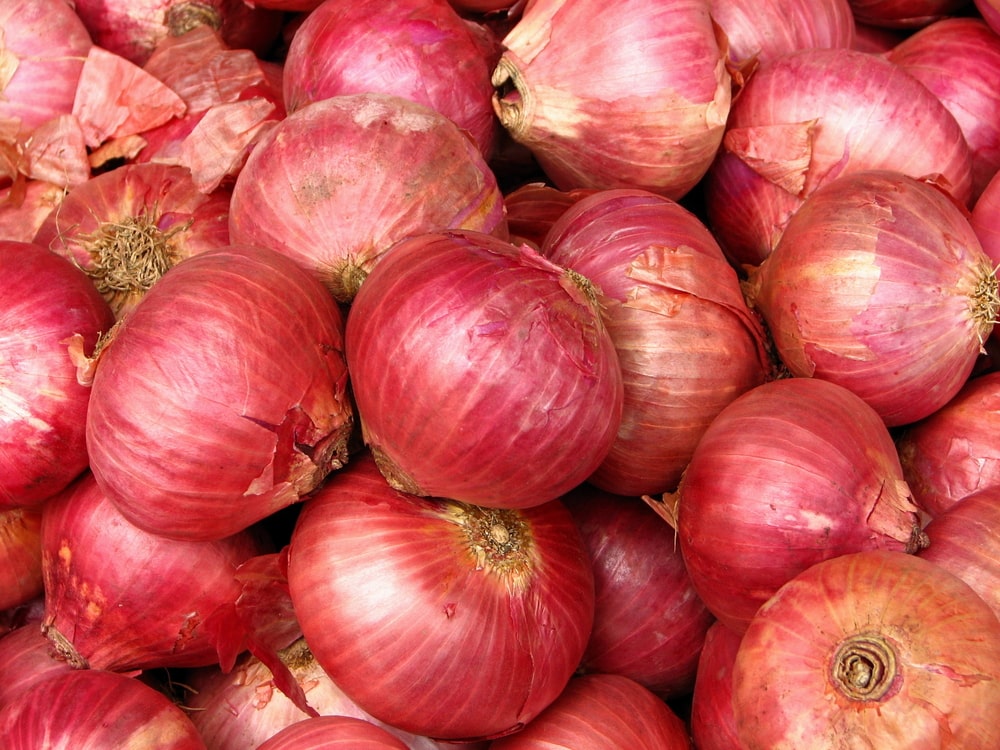
According to The Star, the Philippines is facing an onions shortage that threatens the country’s geo-political and economic stability.
Onions in the Philippines briefly cost more than meat earlier in January 2023. The Star reports that onion prices have become eye-wateringly high. So much so that ten Philippine Airlines flight attendants were caught bringing the vegetables back with them on a flight back from the Middle East.
The problem is as multi-layered as an onion with shortages of basic food staples being felt throughout the economy and helped propel inflation to near the highest levels since the global financial crisis in 2008, the Star reports.
Furthermore, as the publication reported, Burger King said that it’s all out of onions, Coca-Cola had to suspend some operations because it couldn’t get enough sugar, and Marcos this month described the surge in food prices an "emergency situation.
The cost of food, fuel and fertiliser have all jumped since Russia’s invasion of Ukraine. The Philippines is reportedly according to the publication, particularly vulnerable: despite being among the world’s biggest producers of rice, coconuts and bananas. The World Food Programme estimates that one in 10 households in the country are food insecure, with those reliant on agriculture most affected.
The Star article highlights the connected risk of modern trade flow disruption with the government and lawmakers blaming “greedy traders for hoarding food to create artificial shortages that allows them to jack up prices”. When discussing the onion crisis earlier this month, Senator Imee Marcos, the president’s sister, said there’s "a level of treachery and manipulation involved because these prices are inexplicable.”
Some of the onions were then resold at as much as 600 pesos ($11) a kilogram in Manila, he said, more than seven times the price a few months earlier. The article also outlines how President Marcos faces the risk of losing public support if he’s unable to bring agricultural inflation under control. Historically, food shocks have often spurred social unrest in the Philippines, and they’ve also created a brisk trade in smuggling basic staples from overseas.
Ultimately, the government wants to lift domestic production but is held back by a range of issues, including inadequate infrastructure to connect farmers to markets.

Related Articles
Corporate risk
Corporate risk
Corporate risk